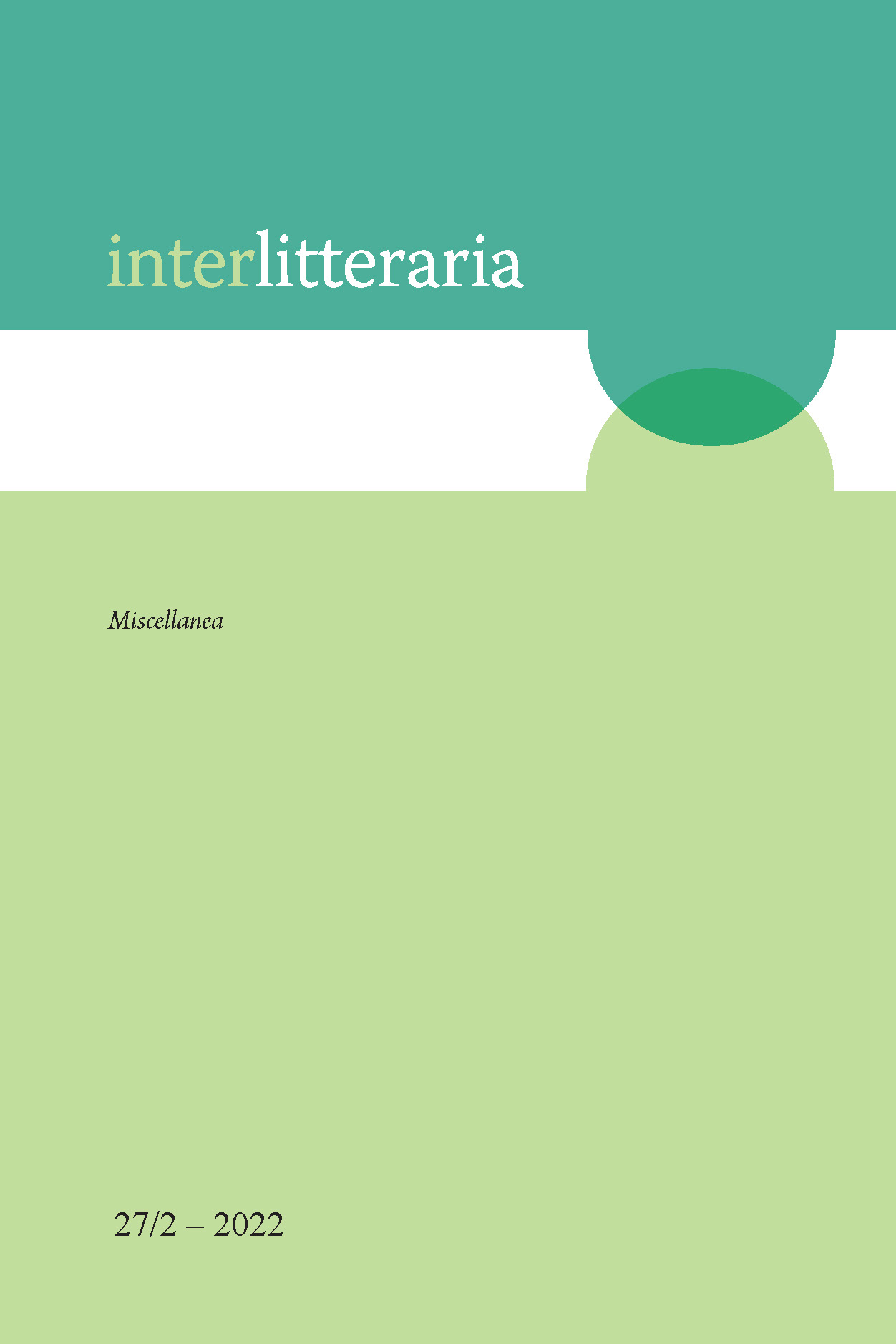Mapping the symbolic capital of a nation: Riga in fin-de-siècle Latvian novels
DOI:
https://doi.org/10.12697/IL.2022.27.2.2Keywords:
Latvian literature, Riga, literary representations, literary geography, national ideologyAbstract
This article concentrates on the representation of Riga in six fin-de-siècle Latvian novels written by Augusts Deglavs, Jānis Poruks, and Andrejs Upīts. The relations between the country and the city were changing significantly at the time due to growing social mobility in the Baltic littoral. However, in this paper we also argue that to a considerable extent the descriptions of Riga preserve principles previously employed by Latvian writers who tend to focus on minute descriptions instead of mapping a broader territory. The representation of living conditions in Riga thus fluctuates between true-tolife episodes and the recycling of certain stereotypes that determine the overall perception. More specific elements enter into literary texts in two ways. First, as psychological close-ups become more nuanced, they suggest closer links between fictional characters and carefully depicted milieus. Secondly, in our last example we discover an ideologically conscious effort of Latvian identity construction as the author, Deglavs, promotes the necessity of mapping Riga as the symbolic national capital, thus summarising and transforming ideas already implicit in earlier representations of the city.
Downloads
Downloads
Published
Issue
Section
License
The contents of Interlitteraria are published under CC BY-NC-ND licence.


